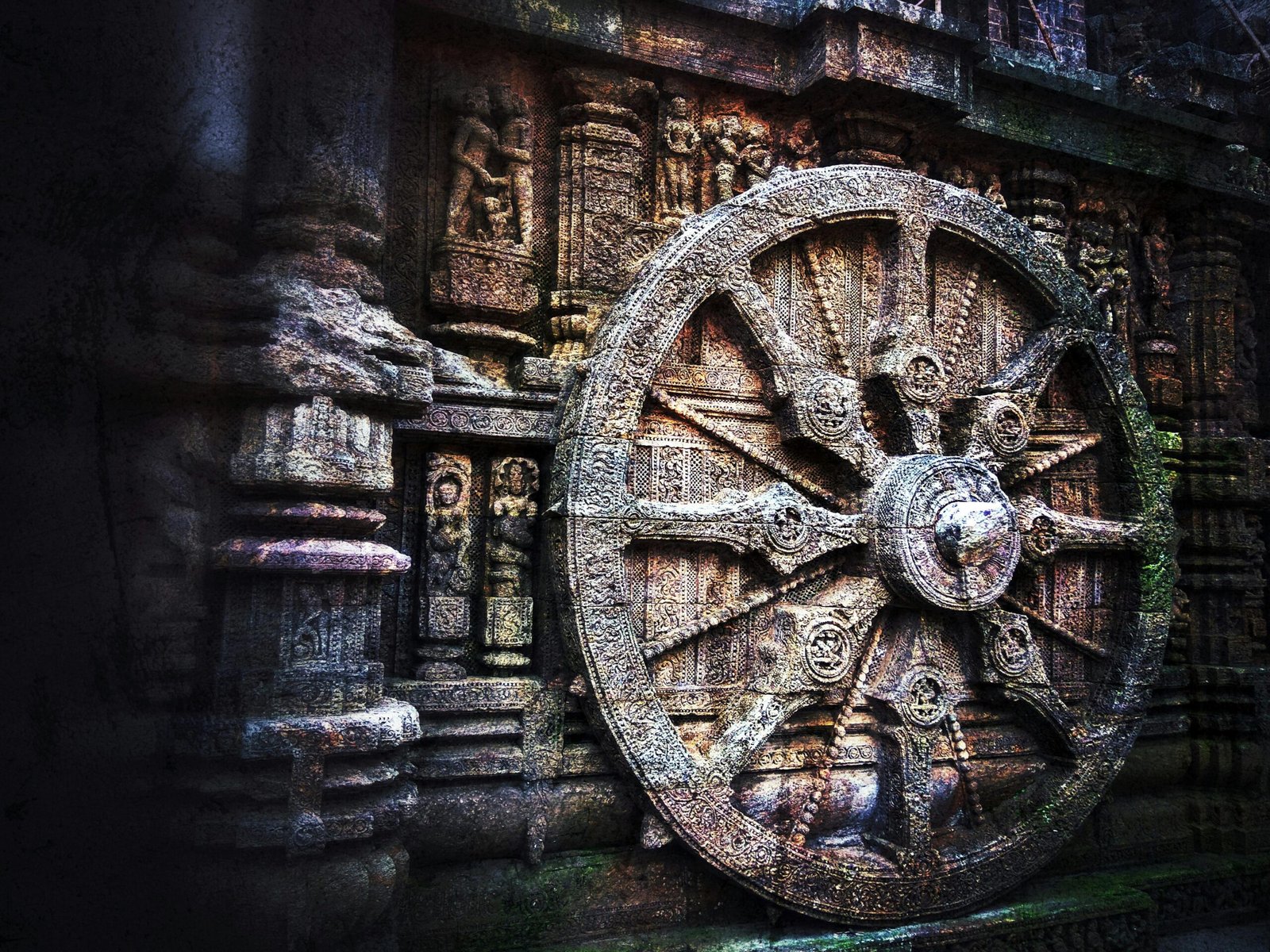The Current State of Global Affairs
The current global political landscape is characterized by increasing complexities and interdependencies that largely shape international relations. One prominent feature of the contemporary era is the rise of emerging powers, notably in Asia, alongside the persistent dominance of traditional powerhouses such as the United States and European Union. Shifts in power dynamics are increasingly visible, raising thought-provoking questions regarding the future of global governance and strategic cooperation.
Key international conflicts, including those in Eastern Europe, the South China Sea, and the Middle East, illustrate the intricate nature of contemporary geopolitics. These conflicts not only highlight the divergent interests among nations but also underscore the necessity for diplomatic engagement and conflict resolution mechanisms. For instance, the ongoing conflict between Russia and Ukraine has prompted a re-evaluation of alliances and has influenced the security policies of neighboring countries, alongside global supply chains and energy markets.
Moreover, economic challenges, particularly those stemming from the COVID-19 pandemic, have exacerbated existing disparities between nations. Economic recovery efforts vary widely, with some countries demonstrating resilience while others continue to grapple with high debt levels and inflationary pressures. The emergence of new economic powers, especially in Asia, has transformed traditional economic structures, necessitating a response from established economies. Countries like India and Brazil are increasingly positioning themselves as significant players in the global economy, taking actions that suggest they are ready to assert greater influence on international platforms.
The effects of these transitions are felt globally, as the roles of traditional powerhouses adapt and evolve in response to new challenges. This evolving state of affairs sets the stage for potential collaborations and conflicts, influencing the geopolitical landscape for years to come.
India’s Economic Growth and Global Strategy
India has emerged as one of the fastest-growing economies on the global stage, largely due to its robust economic strategies and reforms implemented over the past few decades. Central to this economic ascendancy have been significant market reforms that have liberalized the economy, fostering an environment conducive to both domestic and foreign investments. The introduction of the Goods and Services Tax (GST), for instance, has streamlined the taxation framework, making it simpler for businesses to operate and ultimately boosting economic growth. Such structural reforms have not only stimulated internal demand but have also attracted international investors looking for profitable avenues.
Technological advancements also play a pivotal role in India’s economic trajectory. The integration of digital technologies across sectors has increased productivity and efficiency, leading to remarkable growth in industries such as information technology, manufacturing, and services. Initiatives like “Make in India” have encouraged innovation and the manufacturing of goods within the country, establishing India as a global manufacturing hub, thereby further solidifying its economic foundation.
In tandem with these economic strategies, India’s diplomatic initiatives and strategic alliances are instrumental in reinforcing its global standing. Participation in international forums such as the G20 and BRICS allows India to engage with other major economies, facilitating cooperation on pressing global issues ranging from climate change to security challenges. These platforms not only enhance India’s visibility on the world stage but also bolster its credibility as a potential superpower. Furthermore, through various bilateral and multilateral agreements, India seeks to expand its economic footprint, thereby creating a robust network of strategic partners that aligns with its long-term ambitions.
This confluence of economic growth, technological innovation, and strategic diplomacy positions India favorably in the global arena, paving the way for its aspirations of emerging as a significant superpower on the world stage.
Regional Influence and Geopolitical Challenges
India’s role as an emerging superpower is significantly shaped by its regional influence within South Asia, where it shares borders with critical neighboring countries such as Pakistan, China, Bangladesh, Nepal, and Bhutan. India has actively pursued diplomatic relations, positioning itself as a leader in fostering regional stability and economic growth. However, these ambitions are often challenged by complex territorial disputes, cross-border terrorism, and competing interests of other major powers.
Territorial disputes, notably with Pakistan over the Kashmir region, represent a persistent challenge for India. The ongoing conflict not only strains bilateral relations but also complicates India’s security landscape. Similarly, India’s relationship with China has become increasingly complex, marked by border disputes in the Himalayan region and competition for influence in the Indian Ocean. As both nations continue to assert their territorial claims, the geopolitical landscape is becoming more contentious, placing additional pressure on India’s foreign policy.
In terms of addressing terrorism, India faces threats from various militant organizations, with Pakistan often cited as a source of cross-border terrorism. India’s response has ranged from diplomatic condemnation to military action, highlighting the need for a robust strategy to counteract these security challenges. Furthermore, India is striving to strengthen trade relations across South Asia, aiming to enhance connectivity and bolster economic ties. Initiatives like the South Asian Association for Regional Cooperation (SAARC) serve as platforms for cooperation, although their effectiveness has often been hampered by political tensions, particularly with Pakistan.
To maintain stability amid these geopolitical challenges, India has been forging strategic partnerships not only with its neighboring countries but also with global powers, underlining its commitment to regional security and economic development. By balancing its relationships and addressing security concerns, India aspires to reinforce its influence in South Asia while concurrently navigating the complexities posed by external powers like China and internal conflicts that threaten its regional ambitions.
Future Prospects: India as a Global Leader
India is increasingly positioning itself as a formidable global leader, poised to navigate the complex landscape of international relations and global governance. As it continues to rise as an emerging superpower, several critical challenges and opportunities will define its trajectory in the coming years. One of the most pressing challenges India faces is climate change. As a nation with a vast population and diverse ecosystems, India must adopt sustainable practices and policies that address environmental degradation while fostering economic growth. The commitment to renewable energy initiatives and participation in international climate agreements will be paramount in solidifying its role as a responsible global player.
Technological competition presents another crucial frontier for India. The country is experiencing a significant digital transformation, driving innovation across various sectors such as information technology, biotechnology, and fintech. To maintain its competitive edge, India must continue to invest in research and development, improve its infrastructure, and cultivate a skilled workforce capable of thriving in the rapidly evolving global market. By harnessing technology effectively, India can elevate its standing and influence within the international community.
Domestic reforms are essential to realize the full potential of India’s global leadership aspirations. Initiatives aimed at improving governance, enhancing transparency, and addressing socio-economic disparities will significantly bolster India’s legitimacy on the world stage. Additionally, emphasizing democratic values and cultural richness can serve as vital soft power tools. India’s commitment to upholding human rights and fostering a pluralistic society can enhance its appeal as a model for other nations.
In conclusion, as India advances into this new phase of global engagement, it must embrace the responsibilities that accompany superpower status. By addressing the challenges of climate change, competing in the technological arena, and reinforcing its democratic principles, India can assert itself as a leader capable of shaping a balanced and equitable global order.

